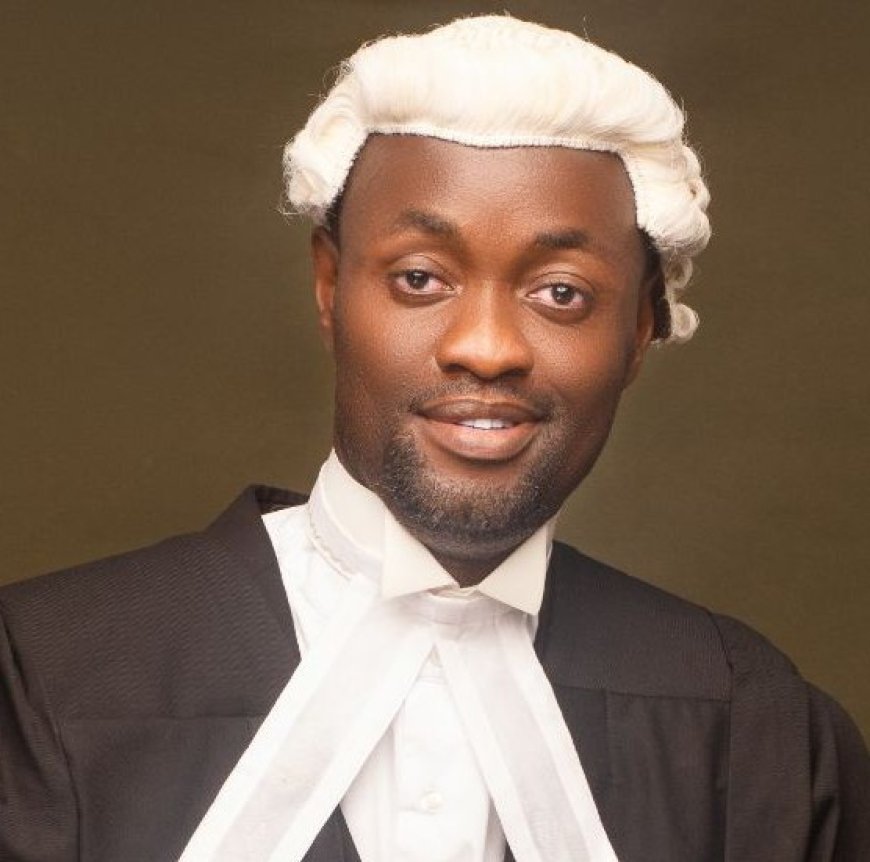OPINION... Edo Election: Military Overreach And Democratic Concerns

As the dust settles on the Edo State governorship elections, a lingering question remains: what was the rationale behind the Chief of Defense Staff's formidable military presence?
This piece does not aim to question the election's legitimacy, as the Independent National Electoral Commission (INEC) is presumed to have discharged its mandate under the INEC Establishment Act.
However, the increasing military involvement in election matters is a disturbing trend. The Edo State elections have added to the list of embarrassing cases of ad-hoc military activities in Nigerian elections. As a lawyer, I am compelled to examine the legal implications of deploying military personnel amidst civilians and its impact on voters' rights and freedoms.
Section 1 of the Armed Forces Act mandates the military to defend Nigeria by land, sea, and air. Section 7 establishes the office of the Chief of Defense Staff, subject to Presidential and National Assembly direction. Section 217 of the Constitution tasks the armed forces with defending Nigeria from external aggression, maintaining territorial integrity, and suppressing insurrections.
Nowhere in these statutes is the military empowered to oversee elections. Even assuming the president has the authority to dispatch troops, which is clear under Section 217(c), it's unclear whether they can be deployed internally without insurrection as Edo State's peaceful campaigns hardly constituted an insurrection warranting military intervention.
The visit by the Chief of Defense, General Staff, General Christopher Musa, and other unfortunate historical incidents of widespread military presence in Nigeria elections, are to say the least, mere acts of meddlesome interloping, accentuated by some vested political interest, which have practically altered the sanctity of our electoral jurisprudence. Nigeria's history is today, replete with cases of electoral brigandage and wonton killings staged- managed and supervised by the said military personnel dispatched for such ad-hoc responsibilities.
These artificial creation of needles atmosphere of fear, more often than not elicits some catastrophic responses from the civilian populace, who consider it "illegal to be lawful in a lawless society.
Nigeria's history is marred by electoral violence and military-supervised brigandage. While bandits have become emboldened, the Nigerian military have abandoned it's statutory responsibilities in pursuit of illegal military operations which is the reason why one often finds the Khaki boy, carrying handbags as detailed orderlies of Senators, House of Representative members as well as their wives. It is much more embarrassing, that soldiers now flog around club houses, clad in our revered military uniforms as bouncers.
In conclusion, the military's overreach in Nigerian elections is a disturbing trend that undermines the country's democratic principles and the rule of law. The deployment of military personnel in election matters, without constitutional backing, is a clear violation of citizens' rights and freedoms.
It is imperative that the military refrains from interfering in future elections, focusing instead on its core responsibilities of defending Nigeria's sovereignty and maintaining internal security.
The upcoming Ondo State elections present an opportunity for the military to correct its past mistakes and demonstrate its commitment to democratic ideals.
By staying neutral and avoiding unnecessary interventions, the military can help ensure the integrity of the electoral process and promote public trust in institutions. Ultimately, Nigeria's democracy depends on the ability of its citizens to exercise their franchise without fear or coercion.
O.N. Owan, Esq, writes from Abuja.
08036944481














































